Human Head Drawing Easy Military Uniform Drawing Army Modern Us
COVID-19: Lifestyle Tips to Stay Healthy
As we move toward a third year of the COVID-19 pandemic, the virus has changed many of our daily routines in ways no one anticipated and that have become the new normal.
Many of us are still spending a lot of time at home to minimize exposure to the virus that causes COVID-19.
A day that may have previously included many physical activities – like walking to and from your car, shopping for groceries, outings with the family or visiting shopping malls – are still absent for those who are not vaccinated or who are otherwise still hesitant to go to crowded places.
Also, children under age 12 who are not vaccinated may be in quarantine or doing virtual learning.
There are booster shots for those 65 and older and additional shots for those with immune systems that are compromised. These boosters and additional shots increase antibodies that are protective against COVID-19.
Yet with all these COVID-driven precautions, new health hazards may emerge. With this unprecedented lifestyle shift, there is a potential for a more sedentary lifestyle packed with activities like watching television, sitting while reading for long periods, or sitting at your computer for longer-than-usual periods of time.
Isolation and being at home also can elicit the temptation to eat snacks high in sodium, junk food and low-quality meals that provide instant gratification for our taste buds rather than nutrient-dense whole foods. This is a challenge for many in these times of social distancing and self-isolation.
We must stay proactive, and, in some cases creative, to maintain an active lifestyle in the era of social distancing. Even if you are not directly affected by COVID-19 or have never had it, the pandemic no doubt has had a drastic impact on your day-to-day routine, which could negatively affect your overall health.
What are some things we can do to maintain a healthy and active lifestyle while the world around us has adapted to limiting exposure to COVID-19?
Get Vaccinated and Mask Up
Get vaccinated first and foremost. All military service members are mandated to get COVID vaccinations, and Military Health System (MHS) beneficiaries have ample opportunities to get vaccinated if they are 12 or older or are part of groups that can get booster shots or additional protective shots. Vaccines not only protect you but those around you.
Wear a mask when indoors with unvaccinated people and at venues such as grocery stores or move theaters.
As winter approaches and people in colder climates are spending more time indoors, masks are increasingly important. Additionally, getting a flu shot, wearing masks, and washing hands frequently may lessen the impact influenza and COVID-19 may have together. (It's important to reduce the risk of catching both COVID-19 and the flu at the same time.)
Stay Active
Gyms are open again but some people are still hesitant to return to them. There are many safe alternatives to getting physical activity without going against the preventive best practices recommended by the Centers for Disease Control and Prevention (CDC) like social distancing and avoiding large crowds.
Aerobics can be done at home. Push-ups, sit-ups, jumping-jacks and more exercises are great ways to stay fit away from the gym. Other ideas include:
- Walk briskly around the house or up and down the stairs for 10-15 minutes 2-3 times per day.
- Dance to your favorite music.
- Join a live exercise class on YouTube.
Find ways to do simple muscle strengthening exercises around your house such as:
- Squats or sit-to-stands from a sturdy chair
- Push-ups against a wall, the kitchen counter or the floor
- Lunges or single leg step-ups on stairs
Avoiding crowds does not mean avoiding nature. Going for a brisk walk or jog outside in uncrowded areas outdoors is still considered relatively safe.
- Walk or jog around your neighborhood (maintain the recommended six-foot physical distancing).
- Go for a bicycle ride.
- Do gardening and lawn work.
Adequate Sleep
Good sleep is essential to overall health.
According to The National Institutes of Health (NIH): "Immune system activation alters sleep, and sleep in turn affects the innate and adaptive arm of our body's defense system." While the amount of sleep needed for good health and optimum performance mostly depends on the individual, the CDC recommends adults age 18-60 get seven or more hours of sleep per night.
Diet and nutrition
It is imperative to practice self-discipline and avoid "emotional eating" due to stress that may be related to the drastic changes surrounding the pandemic. According to the CDC, whole foods like dark, leafy greens, oranges and tomatoes—even fresh herbs—are loaded with vitamins, fiber and minerals. Make it a habit to try to eat more whole nutritious foods instead of processed snacks or fast food.
Self-Care
Make time to take care of yourself.
Be supportive and suggest the same for those close to you. Meditation, relaxation, quality time with family or friends, and personal care promote overall wellness. If you need professional help for your mental wellness, there are many ways to seek counseling.
Health Care Maintenance
If you have medications prescribed for any condition, be sure to take them as directed by your provider. Chronic conditions such as hypertension, diabetes, asthma, and many others should be kept in check by taking your medications as prescribed.
Be sure to reach out to your health care team with any concerns. Many service members and beneficiaries have put off check-ups for fear of COVID exposure at military medical treatment facilities, leading in some cases to missed diagnoses of cancers or later diagnoses of serious health care conditions.
In the age of COVID-19, telehealth solutions are available.
Coping with Stress and Anxiety
Positively cope with stress and anxiety induced by the precautions we must all take to combat the spread of COVID-19 in our communities.
Positive coping mechanisms may include exercise, meditation, reading, or further developing certain skills or hobbies. Use this time to increase your daily repetition of these positive activities and develop new or even better routines than you may have adhered to prior to the pandemic.
Stay Connected
Talking with loved ones while in isolation can help reduce the anxiety and instances of feeling down. Take time to use the multitudes of technologies and apps (many free) that can help you stay in touch with those you love.
Our busy lives before the COVID-19 pandemic may have limited how often we connected with distant loved ones. Now's the time to fully exploit these modern capabilities for fellowship, companionship, and camaraderie.
Taking all these steps may improve overall health and wellness. Although eating nutritious foods, physical activity, adequate rest, and taking care of our mental health makes us more resilient, it's not a cure nor does it guarantee immunity from contracting COVID-19.
Once again, the top priority is to get vaccinated.
You also may be interested in...
Mental Health Office Helps AUAB Members Maintain Readiness
Article Around MHS
8/30/2022
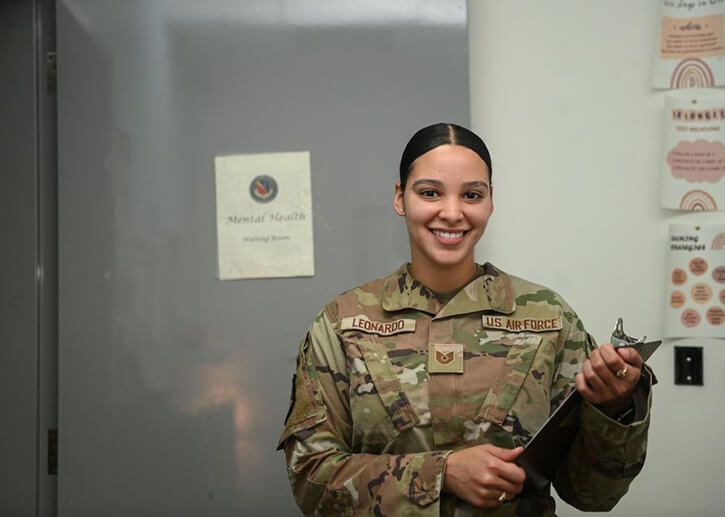
Comprehensive Airman Fitness is comprised of physical, social, spiritual and mental fitness. Being physically fit to fight and maintaining a war fighter spirit are crucial to completing the mission.
Battalion Hosts Critical Medical Training
Article Around MHS
8/24/2022
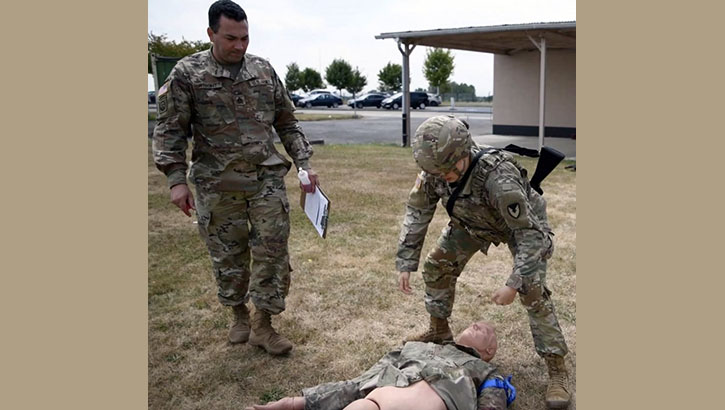
Allied Forces North Battalion conducted a week-long Combat Lifesaver Course July 25-29.
Bulgarian Armed Forces Demonstrate Combat Medical Advancements
Article
8/22/2022
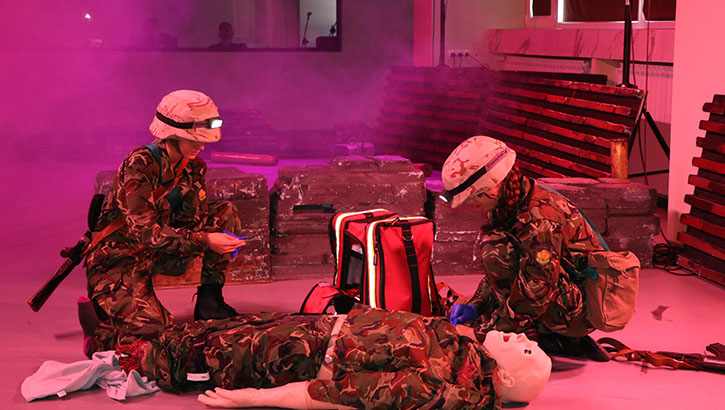
Bulgarian Armed Forces showed off their combat lifesaving training to a U.S. delegation Aug. 10.
Consolidated Department of Defense Coronavirus Disease 2019 Force Health Protection Guidance
Policy
Consolidates and updates the Department's guidance regarding vaccination verification, vaccination status, COVID-19 testing, surveillance and screening testing, personnel protection on-site mask requirements, (e.g., DHA military medical treatment facilities, meetings, travel), and the protection of personally identifiable information.
- Identification #: 22-006
- Date: 8/18/2022
- Type: Memorandums
- Topics: Coronavirus & the MHS Response
COVID-19 Moderna Vaccine
Publication
8/17/2022
Moderna and mRNA vaccines are available. Moderna includes two doses, 28 days apart.
COVID-19 Pfizer Vaccine
Publication
8/17/2022
Pfizer mRNA vaccines are available. Pfizer includes two doses, 21 days apart.
COVID-19 Moderna and Pfizer Vaccines
Publication
8/17/2022
Moderna and Pfizer mRNA vaccines are available. Moderna includes two doses, 28 days apart. Pfizer includes two doses, 21 days apart. Remember to mark your calendar and schedule time for your second dose
Learn the Most Recent Age Requirements for COVID-19 Vaccines and Boosters
Article
8/10/2022
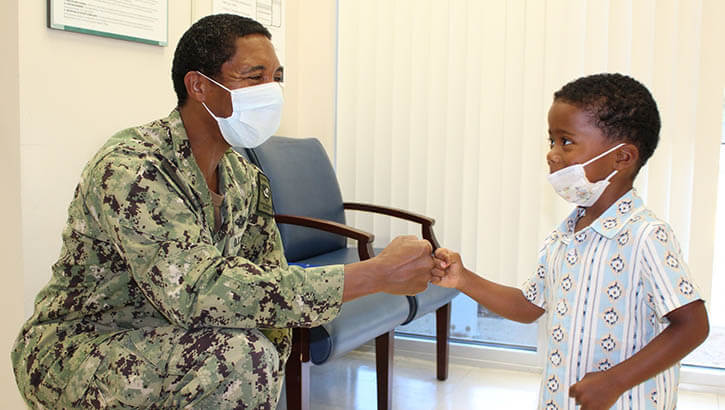
The best way to prevent the spread of COVID-19 is to get your vaccines and booster shots.
Telemedicine Privilege by Proxy Expands Access to MHS Care
Article
8/10/2022
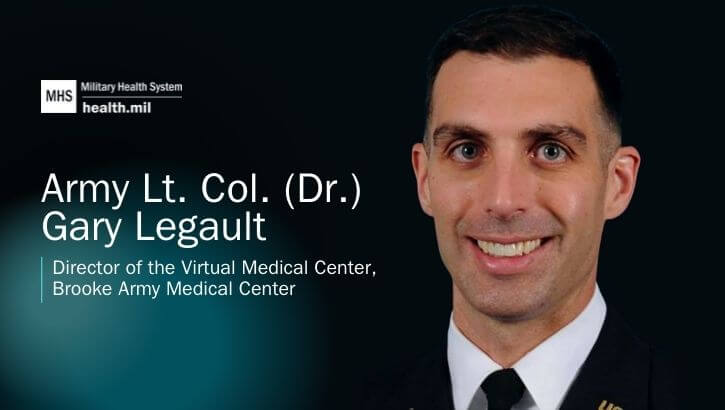
MHS has Telemedicine Privilege by Proxy: A fast, efficient process that enables providers to file one application and get permission to virtually treat patients anywhere in the MHS.
Corpsman Care during Atlantic Ocean ops on MSC ship
Article Around MHS
8/4/2022
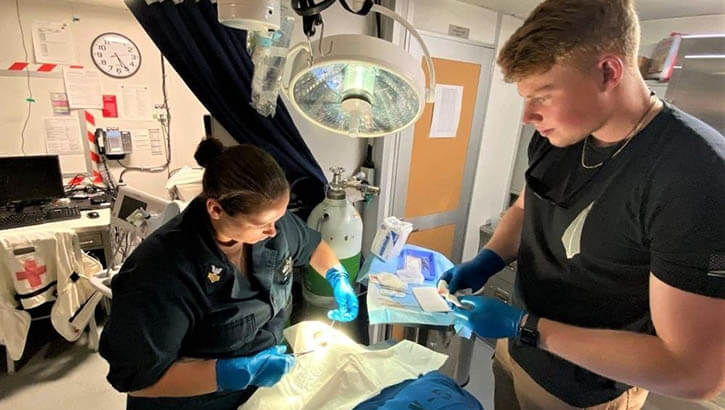
There's a reason why U.S. Navy independent duty corpsmen are found assigned on isolated platforms from the wide expanse of the Indo-Pacific Theater to the far reaches of the Atlantic Ocean.
Wellness Fair Showcases Ample Resources at Naval Hospital Bremerton
Article Around MHS
8/2/2022
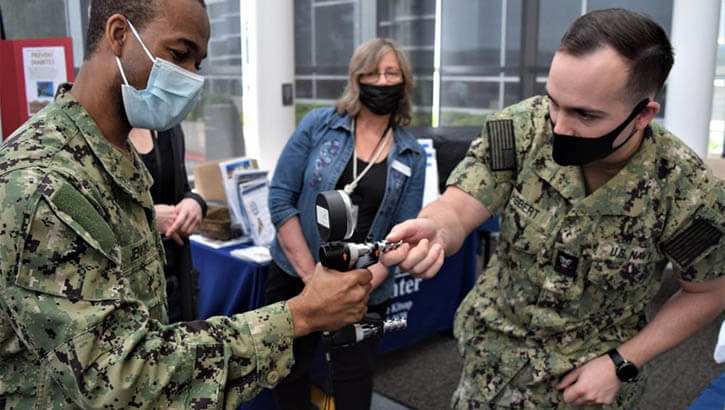
Naval Hospital Bremerton hosted a holistic Wellness Fair in late July 2022.
How Performance Nutrition Can Help You Maintain Readiness
Article
7/29/2022
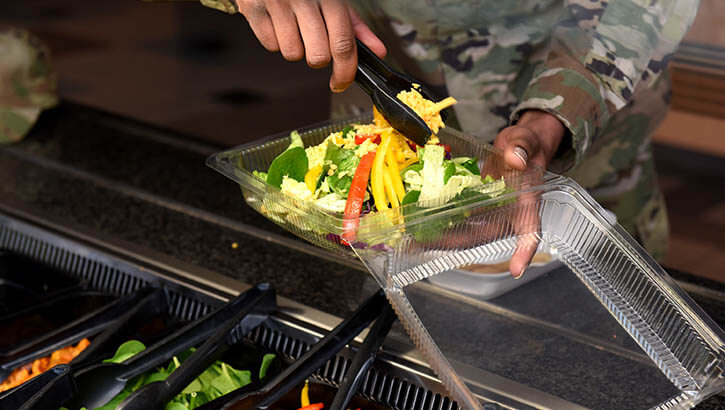
Performance nutrition is a major key to force readiness.
Soldiers Not Immune to Damage of Sun's Rays
Article Around MHS
7/28/2022
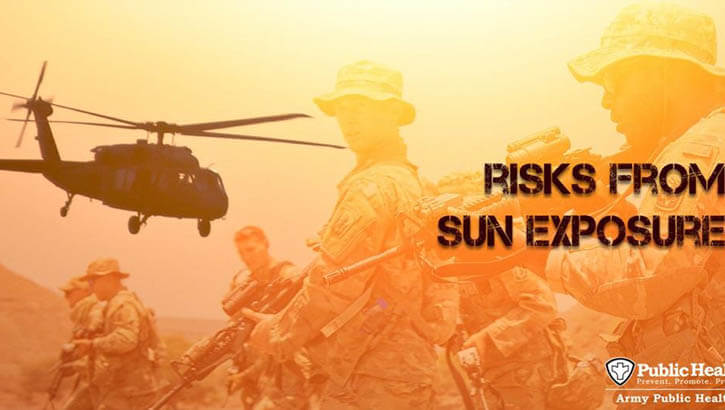
Some soldiers have a greater risk for developing skin cancer than others. For July's UV Safety Awareness month, soldiers should be aware of their risks and how to reduce their chances of skin cancer.
Mind-Body Mental Fitness
Article Around MHS
7/27/2022

The lifestyle of active duty service members and their families comes with unique stressors that can often be compounded by living overseas. What most people don't realize is that stress is a normal part of life. The feelings of stress are just indicators that something in our life needs attention, and even presents a possibility for positive change and growth.
Teddy Roosevelt, Navy Medicine, and the Birth of Physical Readiness
Article Around MHS
7/25/2022
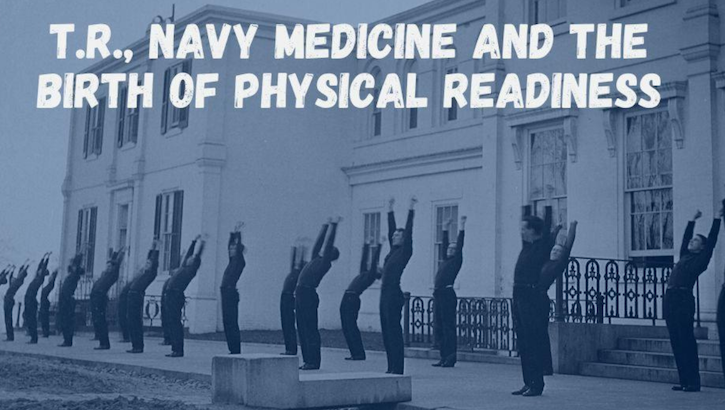
Today's U.S. Navy espouses a "culture of fitness," and "physical readiness," but this was not always the case. In the early 1900s, many including the president himself, Theodore Roosevelt, were appalled by the lack of physical conditioning in the Navy.
Showing results 1 - 15 Page 1 of 68
Source: https://www.health.mil/News/Articles/2020/05/22/COVID-19-lifestyle-tips-to-stay-healthy-during-the-pandemic
0 Response to "Human Head Drawing Easy Military Uniform Drawing Army Modern Us"
Enregistrer un commentaire